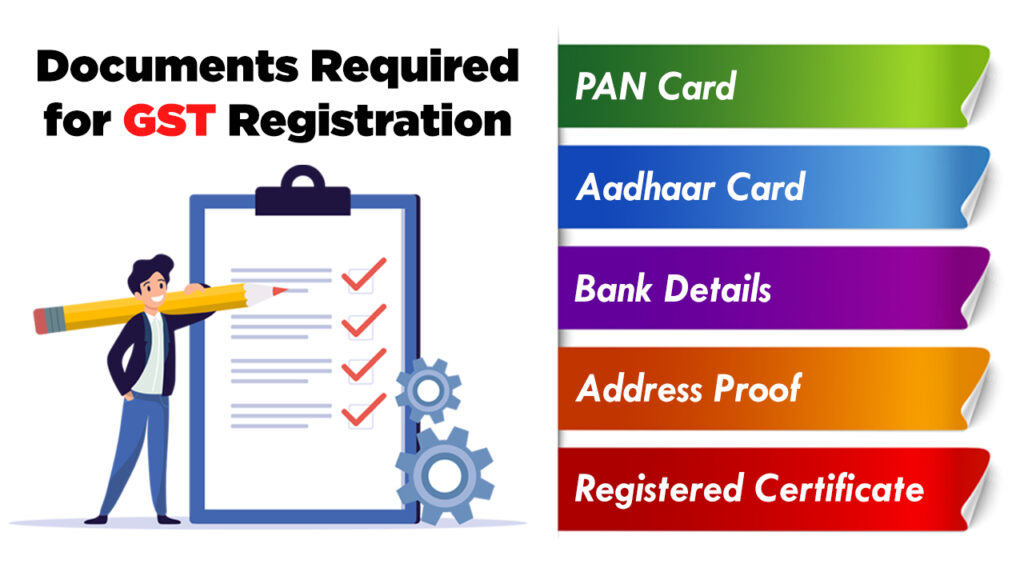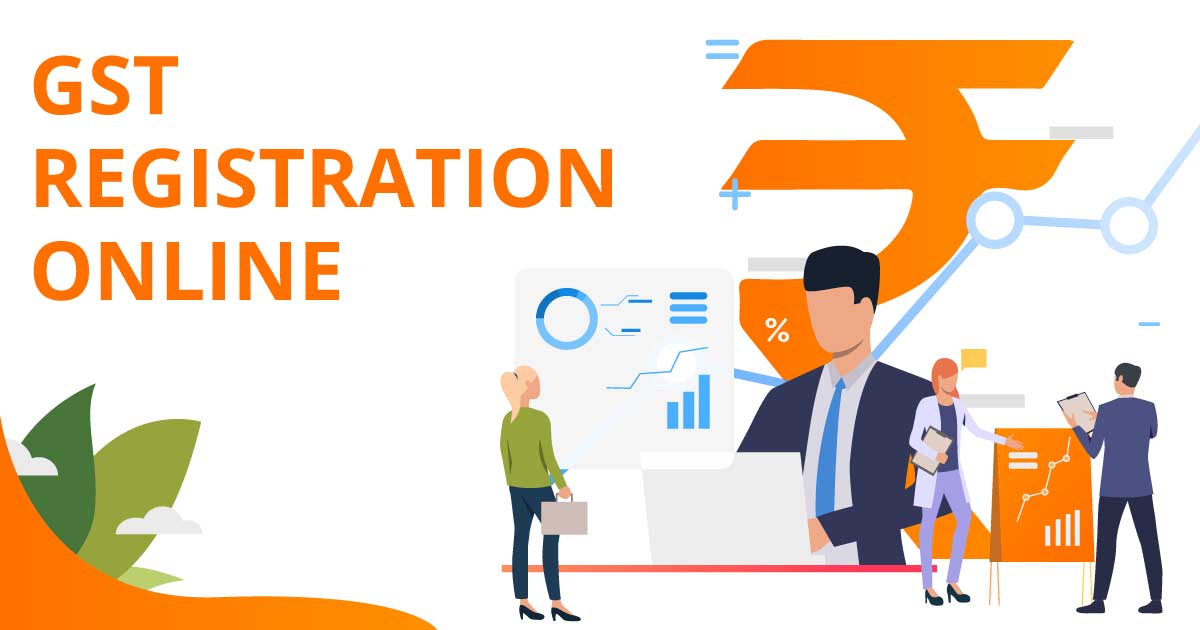Improving Your Singapore GST Registration: An Extensive Approach
Improving Your Singapore GST Registration: An Extensive Approach
Blog Article
Navigating the Intricacies of GST Enrollment: Specialist Tips and Ideal Practices for Easier Conformity
Navigating the complex landscape of Product and Services Tax Obligation (GST) enrollment demands a keen understanding of the evolving governing structure and precise focus to detail. As organizations aim to make sure compliance and stay clear of challenges, specialist advice and finest methods can act as invaluable compass factors in this facility terrain. From figuring out enrollment demands to using technical devices for structured processes, the trip in the direction of smoother GST conformity is multifaceted and nuanced. Remain tuned to reveal crucial techniques and insights that can assist organizations steer with the intricacies of GST enrollment with finesse and self-confidence.
Recognizing GST Enrollment Requirements

Along with turn over limits, services involving in interstate sales or supplying taxable services might also be called for to sign up for GST, even if their turn over is below the prescribed limitation (Singapore GST Registration). Comprehending these requirements and limits is necessary to avoid charges and ensure smooth procedures within the legal structure
Additionally, businesses need to gather and prepare the needed paperwork, such as evidence of identity, address, organization consolidation, and checking account information, before launching the GST registration process. Stopping working to provide precise info or meet the registration deadlines can cause fines or various other lawful repercussions. Businesses must remain informed regarding the certain GST enrollment requirements appropriate to their procedures to keep conformity and avoid prospective problems.
Organizing Crucial Documentation
Companies starting the GST enrollment process have to meticulously compile and arrange the important documents needed for entry. The crucial documents normally required for GST registration include proof of company registration or identity, address and consolidation proofs of business owners or partners, bank account details, proof of principal workplace, and authorization kinds. Making certain that these files are conveniently available and arranged can streamline the registration procedure and prevent beings rejected or delays.
To successfully arrange important documents, organizations must create a central system for keeping and classifying the called for documentation (Singapore GST Registration). Using digital storage space options can help maintain simple gain access to and guarantee that documents are firmly kept. Furthermore, establishing a list of all needed files can serve as a helpful tool to track what has been collected and what is still needed for entry

Leveraging Modern Technology for Performance
Enhancing operational effectiveness through technological combination is paramount for contemporary services navigating the intricacies of GST registration. One of the vital methods innovation can help in GST enrollment is basics with the usage of automated software program options.
Additionally, technology can help with seamless interaction with tax authorities. Online portals and interaction tools enable businesses to submit papers, settle questions, and get updates in an extra reliable fashion. This not only expedites the registration process however likewise aids in keeping reliable and transparent communication with the relevant authorities.
Moreover, cloud-based storage space options give a safe and secure system for services to shop and accessibility their economic information, ensuring compliance with GST record-keeping demands. By centralizing information storage space and automating processes, companies can improve their general performance and accuracy in GST enrollment treatments.
Proactive Conformity Monitoring

To ensure efficient aggressive conformity tracking, businesses should establish durable inner controls, conduct regular audits, and take advantage of automation tools for real-time tracking of GST transactions. Regular training sessions for staff members on GST compliance requirements can additionally help in creating a society of conformity within the company. In addition, involving with tax specialists or professionals can provide valuable insights and assistance on navigating intricate GST policies.
Engaging With Professional Consultants
Involving skilled tax obligation professionals can considerably reinforce a business's understanding and compliance with intricate GST regulations. Professional experts bring a riches of more tips here knowledge and experience to the table, helping businesses navigate the intricacies of GST registration effortlessly. By leveraging their experience, firms can guarantee precise filings, minimize the danger of mistakes, and remain current with the most up to date governing adjustments.
When involving with expert professionals, it is necessary to choose specialists with a strong record in GST compliance (Singapore GST Registration). Look for experts who have a deep understanding of the relevant legislations and policies, in addition to experience dealing with companies in your market. Efficient communication is type in this collaboration, so see to it to plainly specify your assumptions and establish routine touchpoints to go Resources over progression and resolve any kind of problems
Furthermore, expert consultants can provide valuable insights and advice on optimizing your tax strategy, identifying possible cost-saving possibilities, and simplifying your conformity procedures. In general, buying professional consultancy solutions can go a lengthy method in making certain smoother GST conformity and preventing expensive mistakes.
Conclusion
In verdict, browsing the complexities of GST registration requires an extensive understanding of the demands, organization of essential documents, leveraging innovation for effectiveness, proactive conformity tracking, and engagement with specialist specialists. By complying with these best practices, services can guarantee smoother conformity with GST laws and stay clear of possible charges or fines. It is important to remain educated, positive, and persistent in taking care of GST registration to maintain conformity and promote monetary honesty.
To make sure compliance with tax policies, businesses have to completely recognize the elaborate needs for GST enrollment. Goods and Solutions Tax Obligation (GST) is a value-added tax imposed on a lot of goods and services in a nation, making it essential for organizations to register for GST to stay clear of legal consequences.In addition, companies have to gather and prepare the required documents, such as proof of identification, address, business unification, and bank account details, prior to launching the GST registration procedure. Businesses must remain educated about the certain GST enrollment requirements appropriate to their procedures to keep conformity and avoid prospective problems.
The crucial records commonly required for GST registration include proof of organization enrollment or consolidation, address and identity proofs of the business proprietors or companions, bank account information, evidence of major area of business, and authorization forms.
Report this page